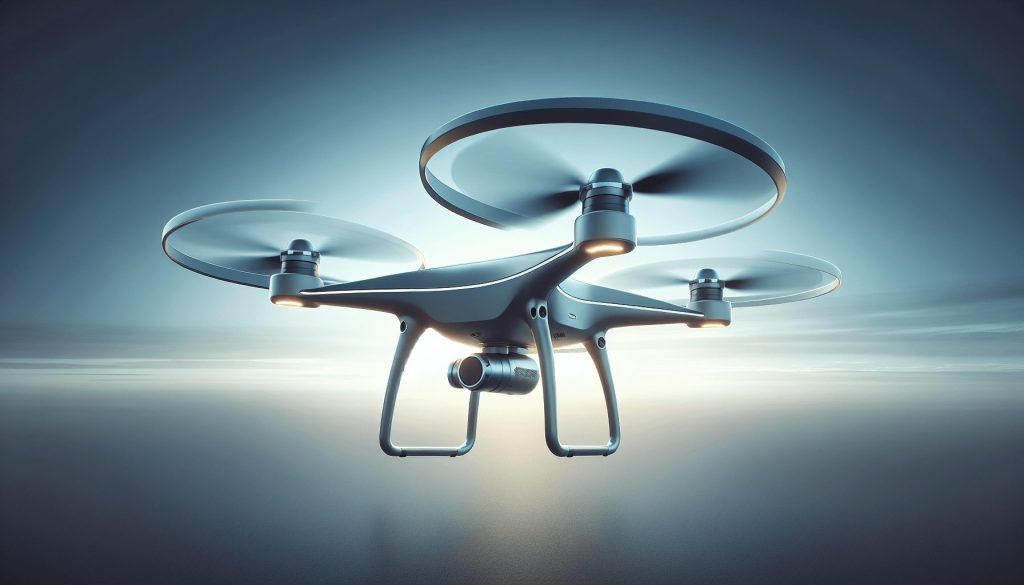Physical Address
304 North Cardinal St.
Dorchester Center, MA 02124
Physical Address
304 North Cardinal St.
Dorchester Center, MA 02124
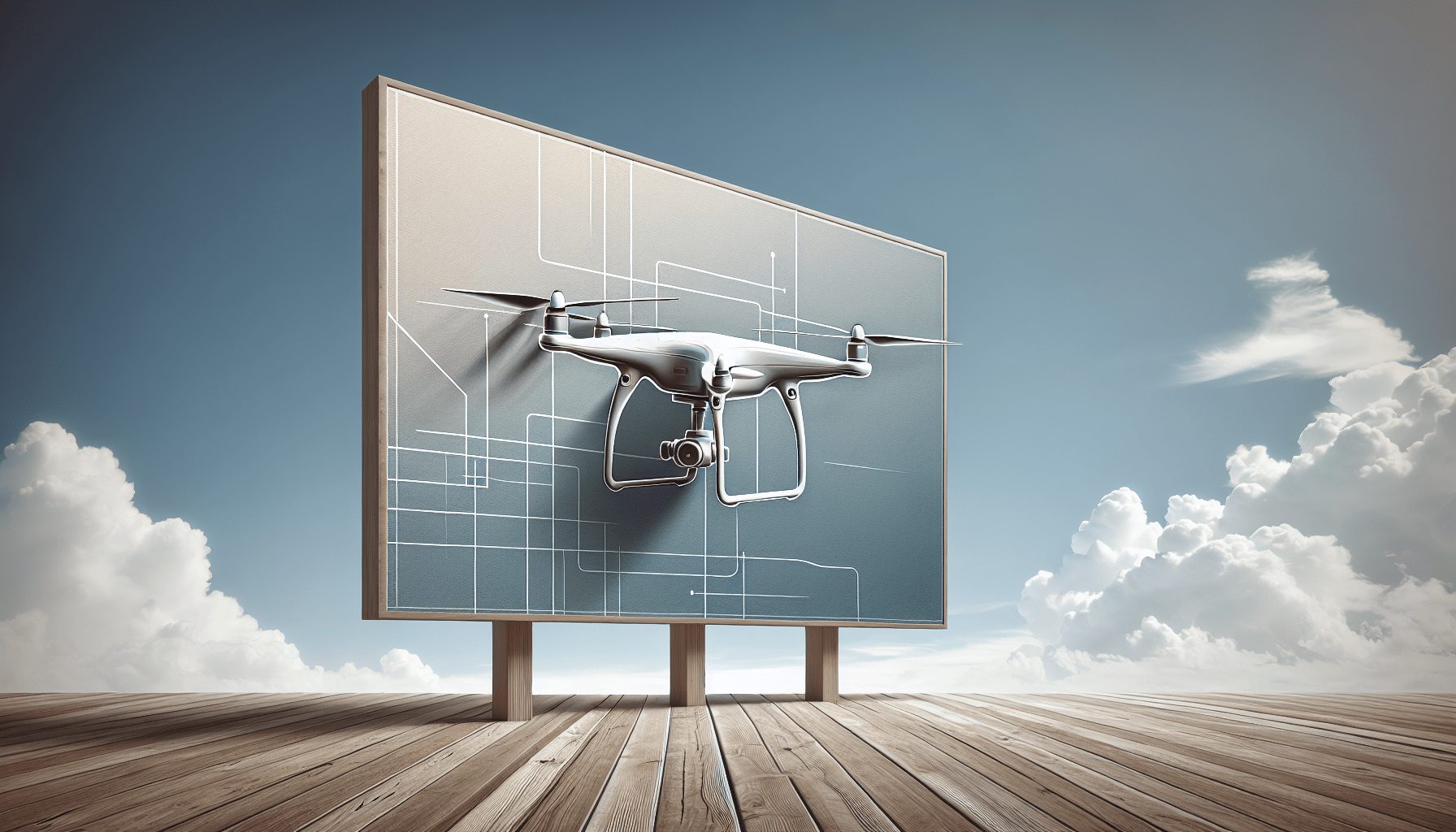

This post may contain affiliate links. As an Amazon Associate, we may earn commissions from qualifying purchases.
Have you ever wondered about the fascinating ways drones are transforming industries and impacting daily life? Drones, or Unmanned Aerial Vehicles (UAVs), have been around for quite some time, primarily serving military purposes. However, recent advancements in technology have broadened their applications immensely, making them a quintessential tool across various sectors. As their usage continues to evolve, it’s worth exploring the common uses of drones and understanding some of the privacy concerns associated with their presence, particularly underwater drones.
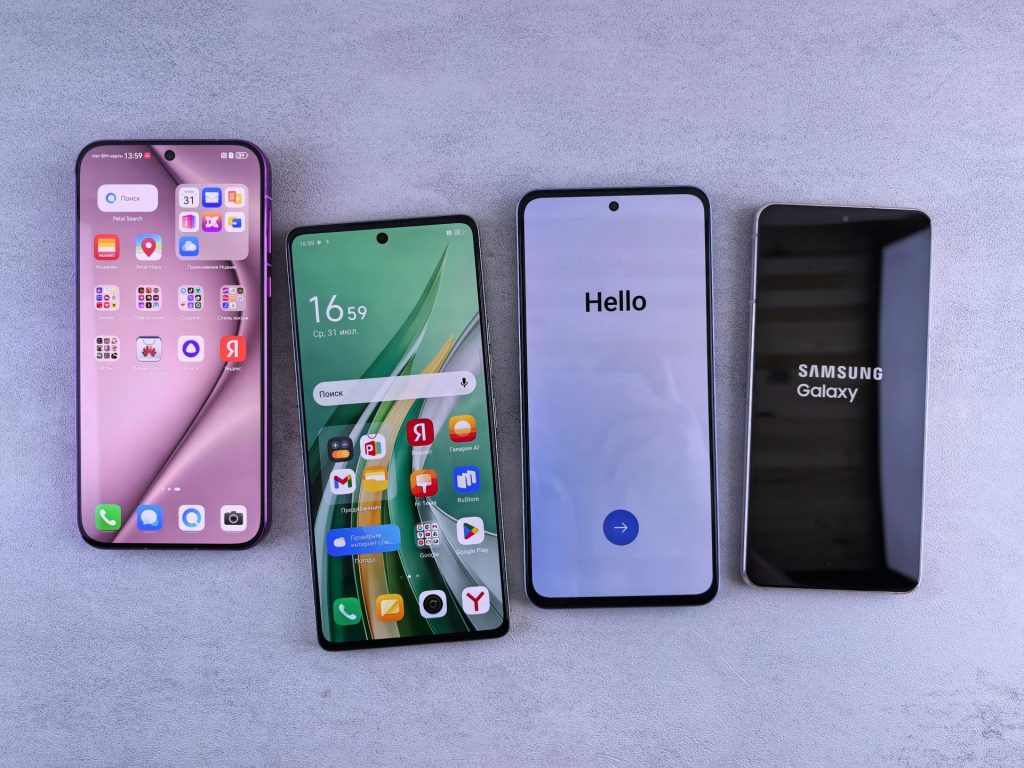
Before diving into their uses, let’s define what a drone is. Essentially, drones are aircraft without a human pilot onboard. They can be remotely controlled or can fly autonomously through software-controlled flight plans embedded in their systems. Understanding this basic concept is crucial as it lays the foundation for exploring the myriad ways they serve us.
In agriculture, drones have become an essential tool for modern farmers. These devices are used for monitoring crops, assessing health, and even planting seeds. With the help of drones, farmers can save time and reduce labor costs while ensuring a more abundant harvest. How? By capturing detailed aerial images and analyzing data, drones provide insights into soil composition, crop growth, and pest infestations.
Have you ever imagined your online orders being delivered by drones? This is becoming a reality as companies like Amazon and Google explore drone delivery services. These services promise faster delivery times and reduced transportation costs. Drones can bypass traffic and travel directly to your home, making them an efficient alternative to traditional delivery methods.
Drones have revolutionized the way filmmakers and photographers capture incredible shots. The ability to achieve aerial views and capture stunning landscapes has transformed many creative projects. Whether it’s a breathtaking scene in a movie or a cinematic shot in a wedding video, drones offer unique perspectives that were previously impossible or extremely expensive.
When disasters strike, time is of the essence. Drones are proving invaluable in emergency situations by providing real-time data and conducting search and rescue missions. They can reach areas that are otherwise inaccessible, delivering supplies or even finding stranded victims. Their capacity to operate in dangerous conditions makes them an indispensable tool for emergency responders.
Drones are also being used to monitor environmental factors and contribute to conservation efforts. For example, they can track wildlife populations, monitor deforestation, and record data on air and water quality. Through the use of drones, environmental groups can obtain accurate data more efficiently, aiding in the global effort to understand and mitigate environmental challenges.
Inspecting large infrastructures like bridges, wind turbines, and power lines is no easy task. These inspections require a high degree of precision and can be dangerous if done manually. Drones simplify this process by safely capturing high-resolution images and videos, helping to identify structural weaknesses or potential issues without putting human lives at risk.
In real estate, drones are providing agents with new ways to market properties. Agents use drones to create video tours and stunning photographs that showcase homes from a bird’s-eye view. This technology not only helps in highlighting the property’s best features but also gives potential buyers a better perspective of the surrounding neighborhood.
Drones assist law enforcement agencies in various capacities, from surveillance to managing crowds during public events. With drones, officers can monitor large areas quickly, collect evidence, and gather crucial intelligence data without putting themselves in harm’s way.

As drones become more prevalent, issues of privacy are increasingly significant. Drones have the ability to capture images and videos without consent, raising concerns among individuals about their privacy. The potential for misuse exists, where drones could be used to spy on people or gather personal information unlawfully.
When it comes to underwater drones, the privacy concerns are similar yet more complex due to their operational environment. These drones can explore underwater territories, raising issues related to territorial waters, personal or commercial installations under the water, and the potential for capturing sensitive information about marine environments.
Regulating the use of drones to protect privacy is a crucial step. Currently, many countries are working on strict regulations governing where and how drones can be operated. These regulations are designed to protect individuals’ rights while allowing the beneficial uses of drone technology. Understanding these legal frameworks is essential for both drone operators and the general public.
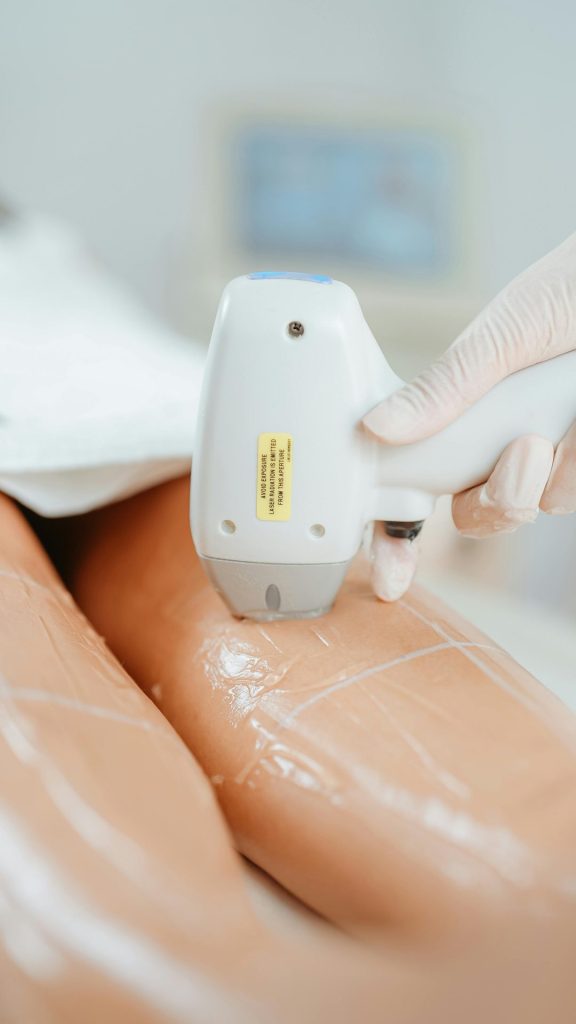
The technological advancements in drone technology are staggering. Future innovations may include improved battery life, enhanced AI capabilities, and more sophisticated sensors. All these enhancements will expand the potential applications of drones, making them even more integral in various fields.
Moving forward, it is crucial to find a balance between reaping the benefits of drone technology and addressing privacy concerns. Stakeholders are encouraged to work collaboratively to develop solutions that allow for innovation while respecting and protecting individual rights.
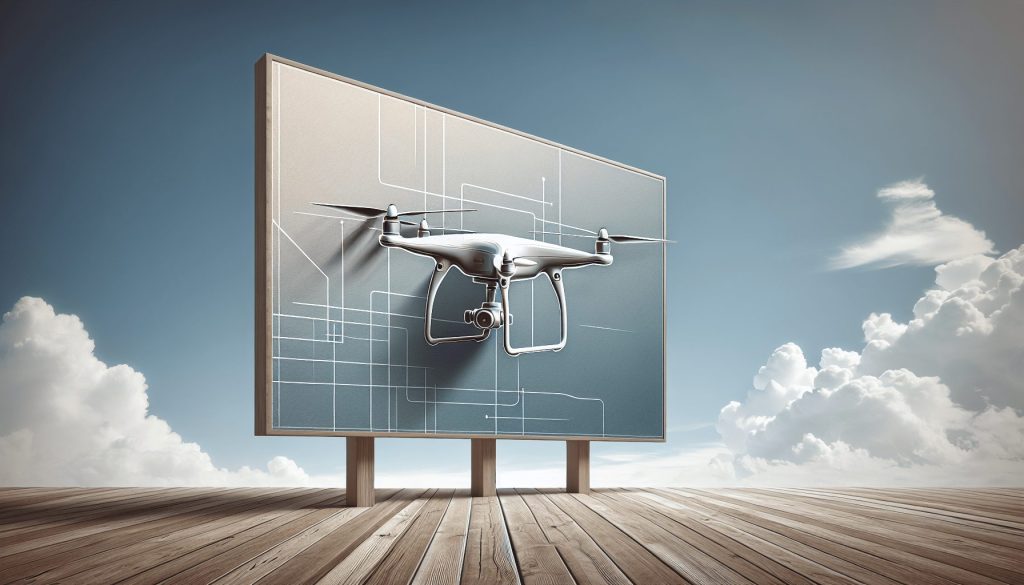
Drones are undoubtedly changing the way we perceive and interact with the world. From agriculture to emergency response, their uses are varied and vital. However, as with any technological advancement, it is important to navigate the associated challenges, especially concerning privacy. Awareness, regulation, and technological safeguards can ensure that drones continue to serve as valuable tools that can improve efficiencies, enhance safety, and deliver insights that were once beyond our reach.
Understanding the role and implications of drones in modern society requires an open mind and vigilance. As you learn more about these versatile tools, consider both their positive impacts and the responsibilities that come with their use. Whether you’re marveling at the technology itself or contemplating the associated privacy issues, drones are a testament to the marvels of human innovation.
